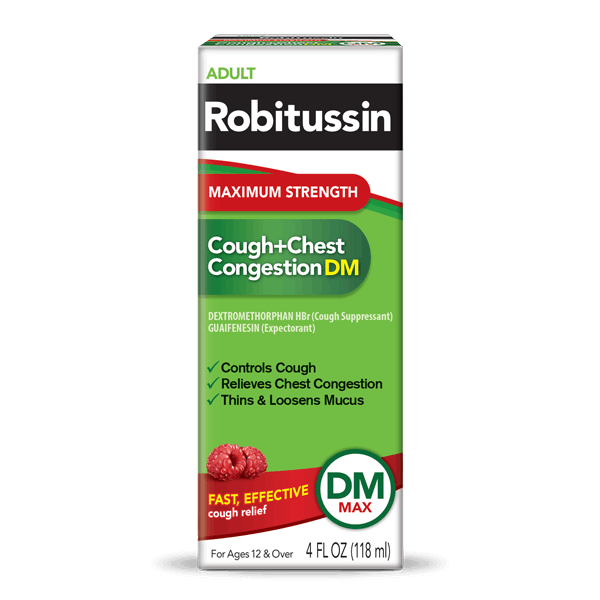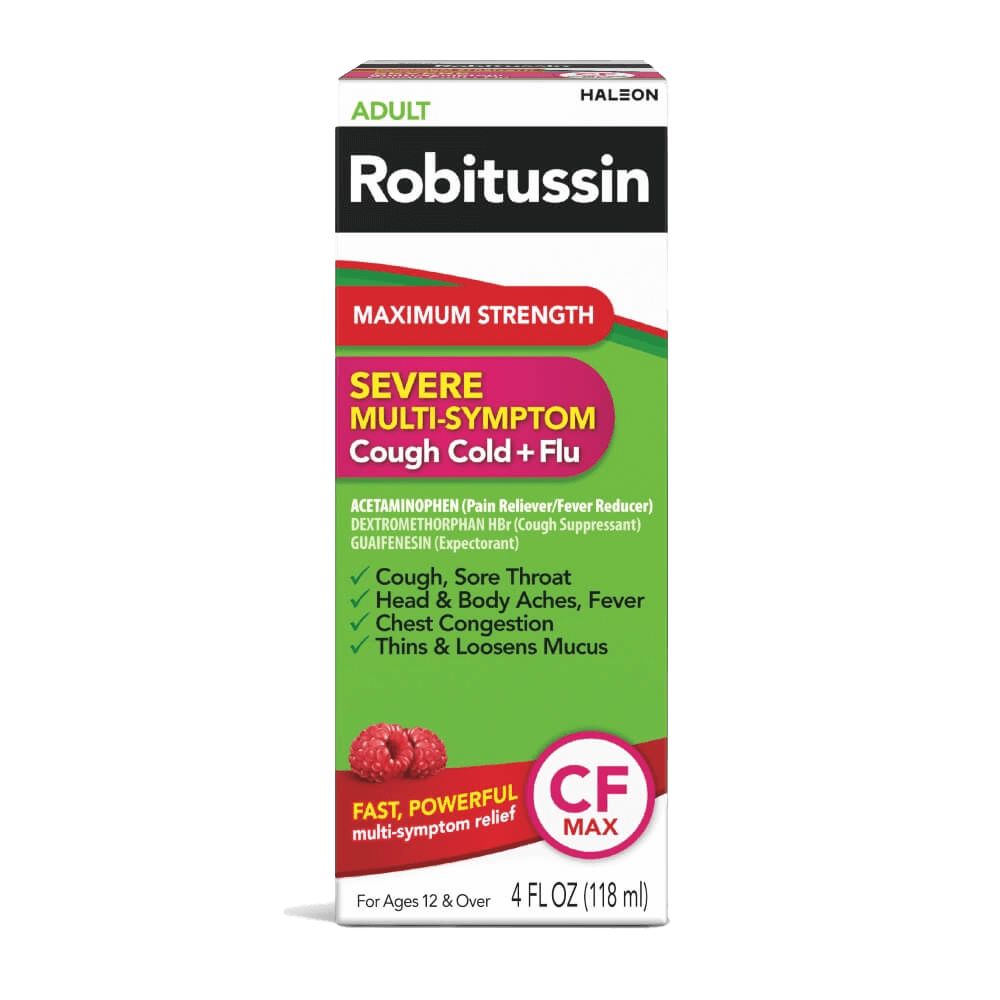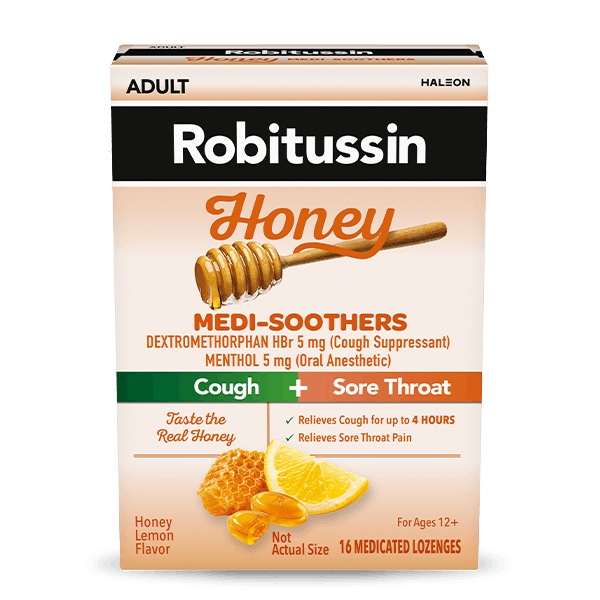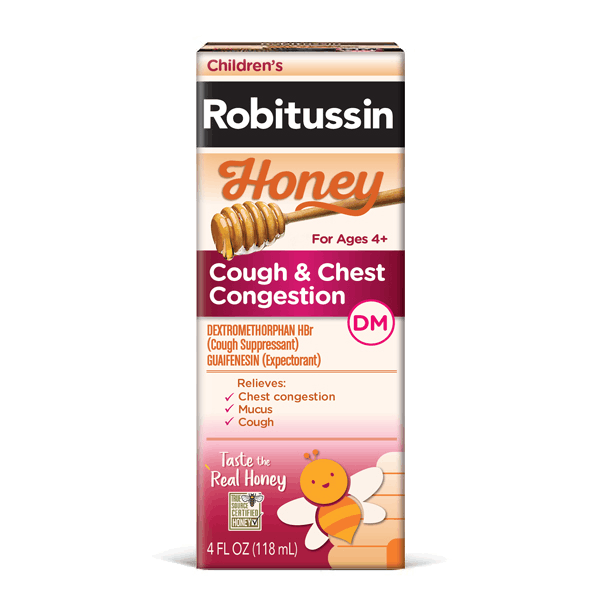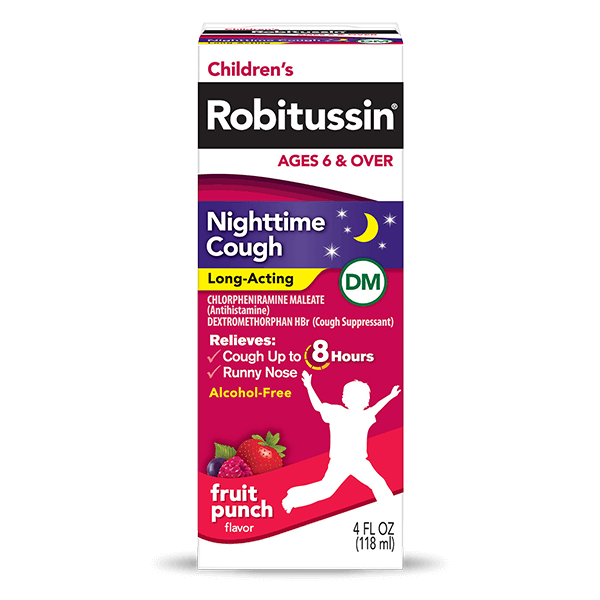Cold Vs. Flu Symptoms Explained
KNOW YOUR SYMPTOMS
Understanding the differences between cold and flu symptoms can help you identify your particular ailment and be the first step towards feeling better. However, since many people exhibit similar symptoms in either case, such as sneezing or coughing, it can be challenging to properly “self-diagnose” and correctly identify the particular illness.
Generally speaking, the main difference between a cold (whether it’s a head or chest cold) and the flu is the severity of the symptoms. But, as is the case with any illness, you should always consult with a physician if you believe your health is at risk.

Understanding the Common Cold
A head cold, often called the “common cold”, is an upper respiratory tract viral infection. While the infection begins in the nose and/or throat, it can move into your chest and turn into bronchitis if not treated properly. It is important to monitor your symptoms carefully and speak with your doctor should they worsen.
Cold Symptoms
Symptoms of a head cold will often vary from person to person, but generally include some or all of the following:
- Runny or stuffy nose
- Congestion
- Sneezing
- Coughing
- Sore throat
Symptoms of a chest cold, on the other hand, are more serious and require that the patient seeks medical attention – these symptoms include:
- Persistent cough
- Coughing up yellow or green phlegm
- Shortness of breath
- Wheezing
- Chest pain or tightness
Much like the cold, the flu is a respiratory illness caused by viruses. But unlike a cold, influenza can affect the upper and lower respiratory, infecting the nose, throat, and lungs.
What is the Flu?
Much like the cold, the flu is a respiratory illness caused by viruses. But unlike a cold, influenza can affect the upper and lower respiratory, infecting the nose, throat, and lungs. Oftentimes, people suffering from influenza think it’s just a “bad” cold. Not properly diagnosing that you’ve contracted the flu can be a dangerous, and even life-threatening. Additional health complications resulting from the flu, especially in high-risk groups such as children under five years old, pregnant women and people over the age of 65, can include sinus and ear infections, pneumonia, or in extreme cases brain or heart inflammation, muscle myositis or multi-organ failure. That’s why you should pay close attention to your symptoms and seek medical attention if there are no signs of improvement.
Flu Symptoms
You may suffer from some or all of these flu symptoms:
- FeverCoughRunny or stuffy nose
- Cough
- Runny or stuffy nose
- Sore throat
- Muscle/body aches
- Fatigue
What should I do?
If you are suffering from either a cold or flu, you may find symptomatic relief with OTC medication like Robitussin Severe Multi-Symptom Cough Cold + Flu. It contains the powerful cough suppressant (Dextromethorphan) and expectorant (Guaifenesin) to relieve cough and chest congestion. Plus, it targets other symptoms including sore throat, body aches and fever. In any case, always consult a doctor should your symptoms get worse.
